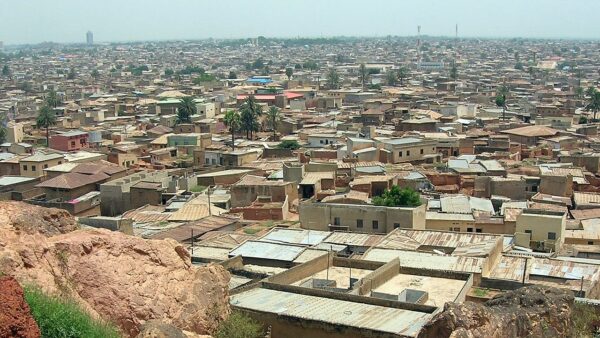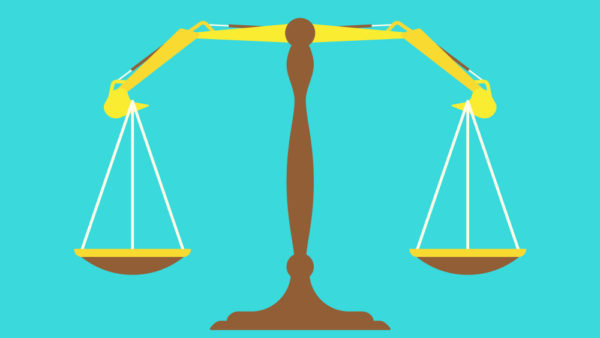Fifty-seven prospective founding countries of the Asian Infrastructure Investment Bank (AIIB) will meet in Beijing (pictured) next week to sign the new bank’s constitution.
“This will be a significant event,” said Chinese Finance Minister Lou Jiwei, Xinhua news agency reported. “The constitution will lay a solid foundation for the establishment and operation of the AIIB.”
Some international organizations have too much bureaucracy. The AIIB has a streamline structure that might increase efficiency– Tang Min, Asian Development Bank
Prospective members hammered out the constitution in Singapore last month.Â
When signed on 29 June, the document will be subject to legal and parliamentary ratification in all member countries before it becomes active.
“If everything goes to plan, the AIIB will start operation by the end of 2015,” Chen Fengying, a researcher with the China Institute of Contemporary International Relations, told Xinhua.
The AIIB, headquartered in Beijing, will have three tiers of governance: a board of governors, a board of directors and executives. The governors have the supreme power in the bank. The directors, who are non-standing, convene to make decisions. Executives will take care of routine work.
“Some international organizations have too much bureaucracy. The AIIB has a streamline structure that might increase efficiency,” Tang Min, member of a government think tank who previously worked for the Asian Development Bank, told Xinhua.
China first proposed the AIIB in 2014 with the aim of financing infrastructure. It could rival the American-controlled World Bank and spark a wave of new building projects in Asia.
Photograph: The new Asian Infrastructure Investment Bank (AIIB) will be headquartered in Beijing, pictured (Kentaro Iemoto/Wikimedia Commons)
Comments
Comments are closed.











It seems great opportunity of bringing aid to projects in the developing countries, which are falling behind because of no adequate financial supports. This AIIB will boost the developments and I look forward to this developmental revolution.